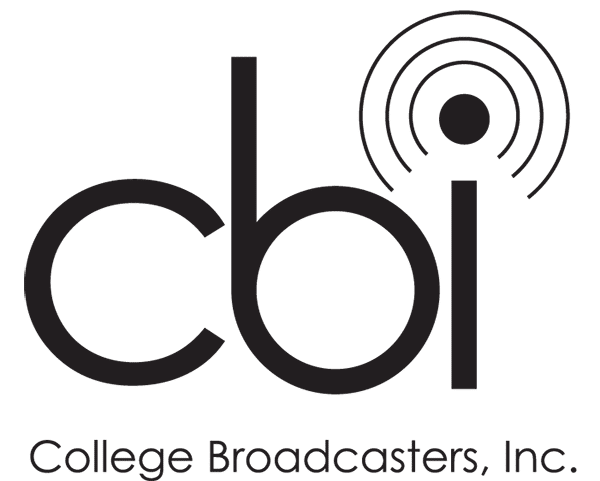February 4, 2015
Board Blog: Are you indispensable to your community?

Last week, my students prepared for the “historic” blizzard that was predicted to pummel northern New Jersey and New York City with two feet of snow and howling winds. Through two hurricanes, multiple winter storms and a few campus emergencies, WSOU-FM, the station I oversee for Seton Hall University, has developed a reputation as a go-to resource for hyper-local news and information. Community service is what good radio is all about, and at WSOU we provide a training ground and encouraging environment that lets students learn the basics through hands-on experience, including how you help listeners during a weather emergency.
[fusion_builder_container hundred_percent=”yes” overflow=”visible”][fusion_builder_row][fusion_builder_column type=”1_1″ background_position=”left top” background_color=”” border_size=”” border_color=”” border_style=”solid” spacing=”yes” background_image=”” background_repeat=”no-repeat” padding=”” margin_top=”0px” margin_bottom=”0px” class=”” id=”” animation_type=”” animation_speed=”0.3″ animation_direction=”left” hide_on_mobile=”no” center_content=”no” min_height=”none”]

Mark Maben, CBI Development Director
Our experience for this storm was a clear reminder that student electronic media is relevant. What student media outlets do matters to their communities.
As the storm approached, the students who run WSOU prepared for the worst. A team of 13 students was selected to stay at station throughout the storm, for up to 72 hours if necessary. They stocked the station with provisions, created shift rotations, and geared up to provide news, traffic, weather, and loud rock. The students checked in with contacts at municipal and county Offices of Emergency Management. As the storm began on Monday evening, they put their plan into place, reporting on road and transit closings, providing weather forecasts and news updates, all while still playing the heavy metal music WSOU is known for and snowplow drivers apparently love at 2 a.m.
In the end, our market was spared the worst of the storm, but other places – Long Island and eastern Massachusetts for example – did get hammered.
Now, this post isn’t about self-congratulations. Yes, I am proud of my students and how seriously they take serving the public interest. But I write this because regardless of type and reach, student electronic media outlets are just as important to community building and informational awareness as a commercial TV or radio station, the school’s website, or the student newspaper. Helping our communities during emergencies is a role CBI members should embrace. Fortunately, it isn’t that hard to do!
Make sure your media outlet is part of the emergency communication chain for both your campus and your community. Know in advance how you want to cover emergencies. Even if you don’t have a news department or a wire service, there are still plenty of ways your staff can share information with your audience. Sometimes, just being a comforting companion is exactly what your campus or community needs.
When your media outlet is a vital resource to both first responders and the general public, you become an essential service worthy of your institution’s support. So make yourself indispensable! You might be surprised by how much approval and admiration from your school follows.
[/fusion_builder_column][/fusion_builder_row][/fusion_builder_container]





